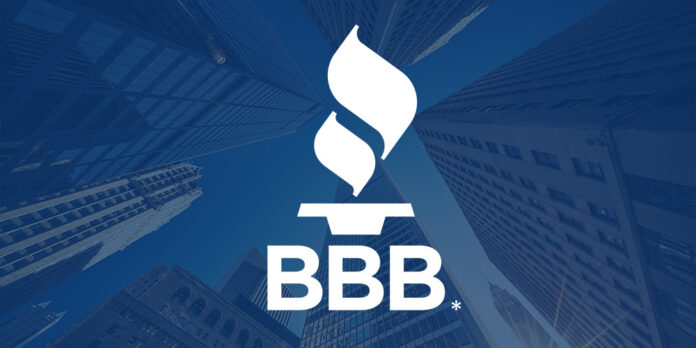THINK you may have found a secret weight loss hack for a discounted price? Think again. Better Business Bureau serving Mainland BC & Yukon is urging consumers buying Ozempic to beware of scam artists trying to make a quick buck.
Ozempic, a well-known medication for treating type 2 diabetes, is currently in high demand from consumers because it is found to be effective for weight loss. It’s important to note that using Ozempic for weight loss is not officially approved by Health Canada. Patients must have a prescription for Ozempic, but general consumers are jumping on the ‘get skinny quick’ bandwagon and losing money in the process.
“Although rare, we’ve heard about consumers trying to buy Ozempic from websites without prescriptions,” said Simone Lis, President and CEO, BBB serving Mainland BC & Yukon.
“That’s a huge red flag. Consumers need to be aware that this medication is highly sought after to the point where there are nationwide shortages. You should only be getting it with a prescription and from a trusted pharmacy.”
Example of Ozempic scam
In November 2023, a woman from Cambridge, Ontario, reported to BBB Scam Tracker about falling victim to an Ozempic scam on Facebook. After ordering two Ozempic pens for $280, she faced unexpected hurdles as the company claimed additional charges for shipping, leading to a total of $400. Despite the woman’s plea for a refund due to financial constraints, she never received the reimbursement.
Here are BBB’s five tips to protect yourself from phony pharmaceutical:
1. Research reputable pharmacies on BBB.org. Before purchasing any medications, conduct thorough research. Ensure the pharmacy has legitimate contact information, a working phone number, and positive consumer reviews. Stay vigilant for any reports of scams or shady practices, as your personal information, medical details, and money are at stake. Use BBB’s Business Profiles to find a trusted vendor to get the job done right.
2. Fulfill the prescription requirement. Never buy prescription-only medications from a seller who doesn’t ask for a prescription. This is a major red flag and likely indicates a scam.
3. Beware of low prices. Be cautious of unrealistically low prices for high-demand prescription drugs. If a deal seems too good to be true, it might be a scam, leading to counterfeit products or no delivery at all.
4. Avoid unusual payment methods. Reputable pharmacies won’t ask you to pay for prescriptions using digital wallet apps, prepaid debit cards, or wired funds. Such payment methods are often associated with scams.
5. Be wary when purchasing from online pharmacies. Avoid buying products from unlicensed and unverified online sellers, as these products may not contain the active ingredient, contain other undeclared and hazardous ingredients that could cause serious risks to health, not meet manufacturing quality and safety standards and have unknown contaminants. It’s a good rule of thumb to not buy prescriptions online, so you can avoid counterfeit products.












